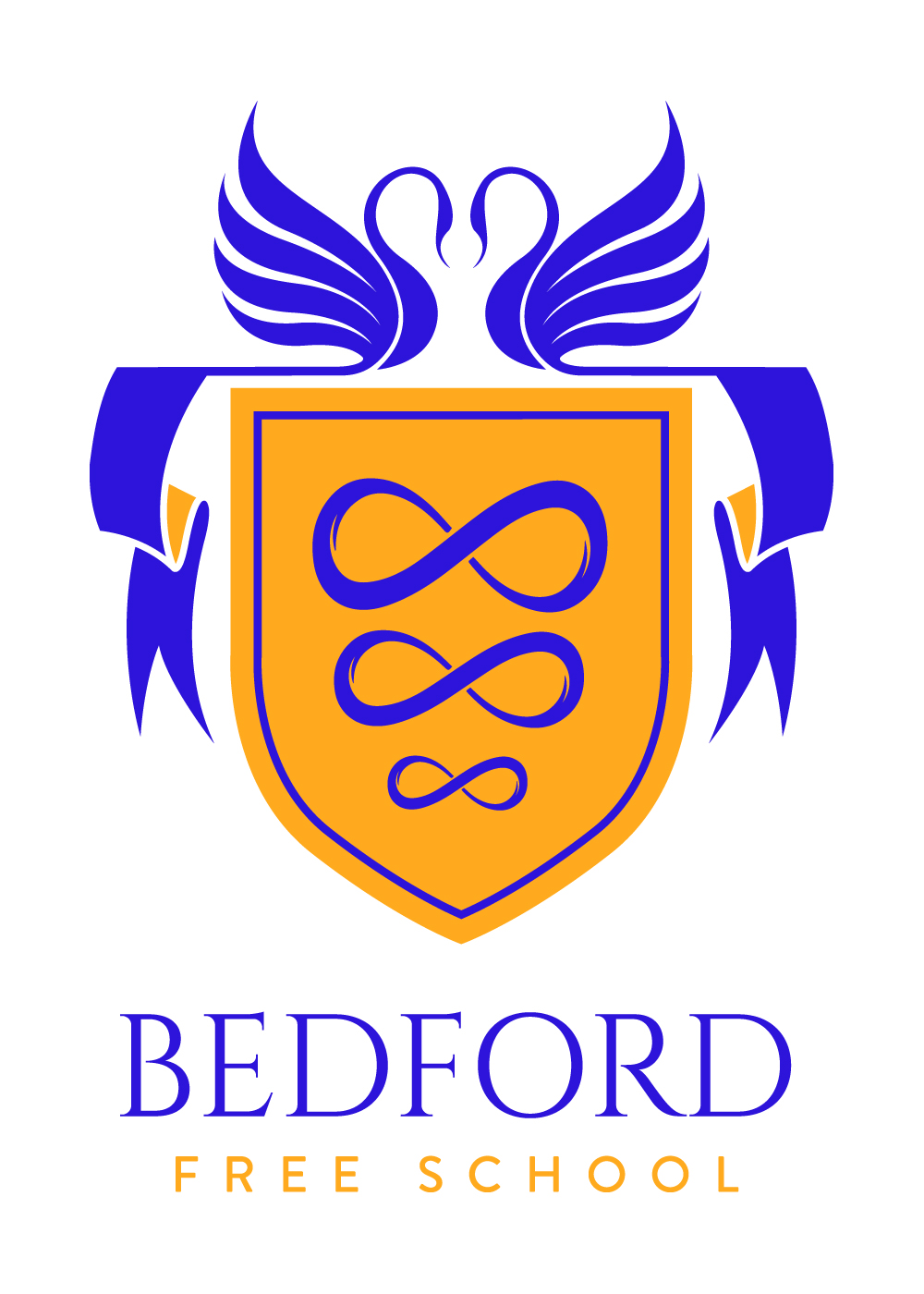
Religious education allows pupils to develop knowledge of world religions and to make sense of the cultures in the world around them.
Pupils learn about the part that religion has to play in some of the key social and moral issues of the present day. This is rooted in study of religious scripture, looking at the Old and New Testaments and the Quran. This provides pupils with the knowledge that they need to engage in theological discussion, and to move on to discuss the historical dimensions of religion in both the past and present. Pupils also gain an understanding of the beliefs and practices of both the Abrahamic religions and the Dharmic religions to give them a broader perspective on the major world religions.
At GCSE, pupils study Islam and Christianity; analysing the influence of both in a historical context and as an integral part of today’s society. We study the beliefs and teachings of the nature of God, as well as the obstacles many people put forward as reasons not to believe in God. Pupils become familiar with key practices of both faiths, and study how those religions relate to contemporary society.
We will use similar skills to analyse and then gain knowledge of Islam, providing pupils with the accessibility to uncover some strong correlations of beliefs with Christianity. Moreover, there will be the opportunity for pupils to broaden their horizons and formulate ideas of slightly different outlooks from differing denominations within Islam, which will create an overarching understanding of Islamic theology and their religious practices.
Religion, philosophy and ethics in the modern world modules, allow pupils to make clear how abstract concepts of Christianity are so prevalent in the modern day and are such a part of many people’s lives. It shows how Christianity has shaped the world and is such a part of peoples home and societal lives, even if they consider themselves as non-religious. This course can develop the individual in a spiritual sense while understanding the importance of religion, throughout the ages, in a practical sense.
In Years 7 to 9, we study the following topics:
Autumn – Judaism
Spring – Biblical Studies
Summer – Christianity
Autumn – Islam
Spring – Hinduism
Summer – Buddhism
Autumn – Sikhism
Spring – Philosophy of Religion
Summer – Religion and Belief in the Modern World
We use the OCR exam board syllabus:
We provide the opportunity for pupils to go on the Queens Park faith tour, which usually occurs in September. This includes going around a Mosque, a Gurdwara and a local Church in Bedford.
Head of RE, Mrs Lehain: [email protected]